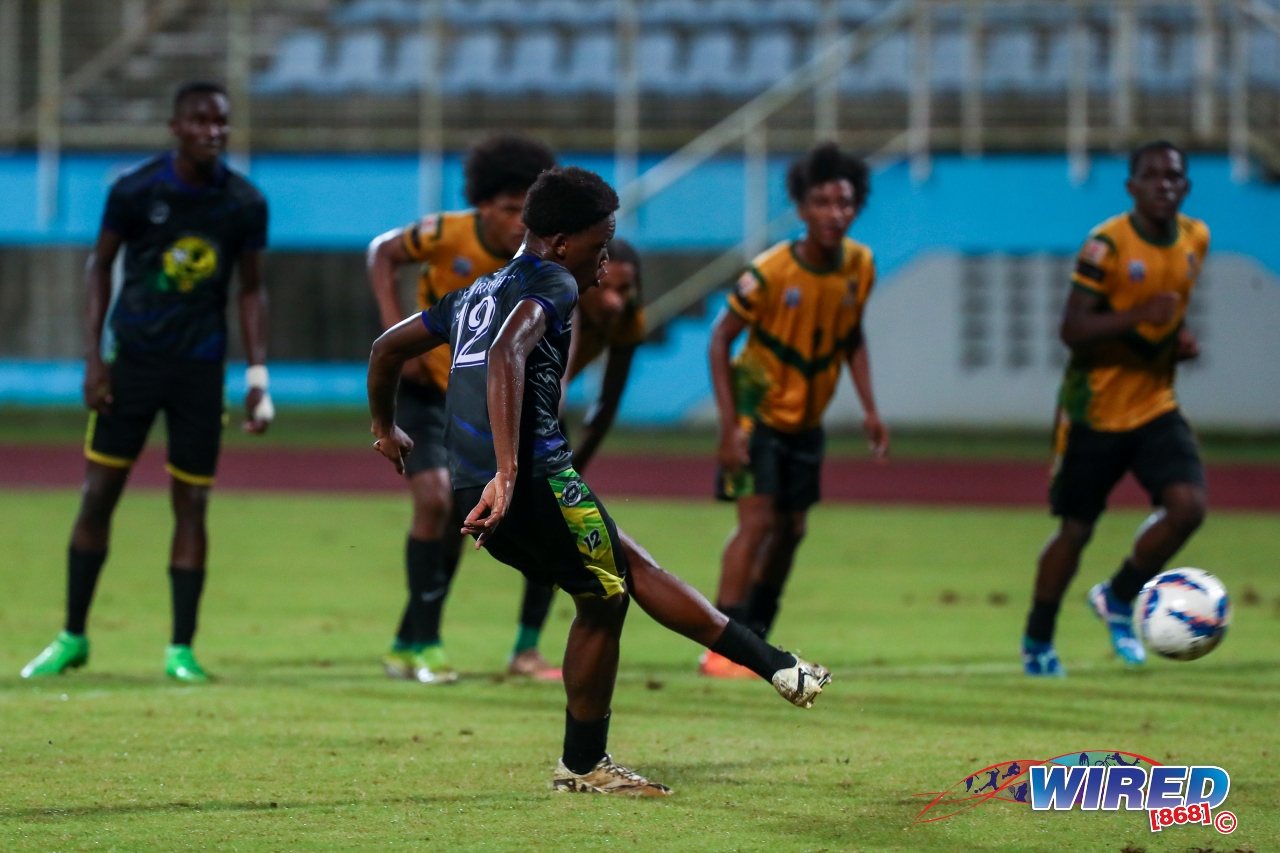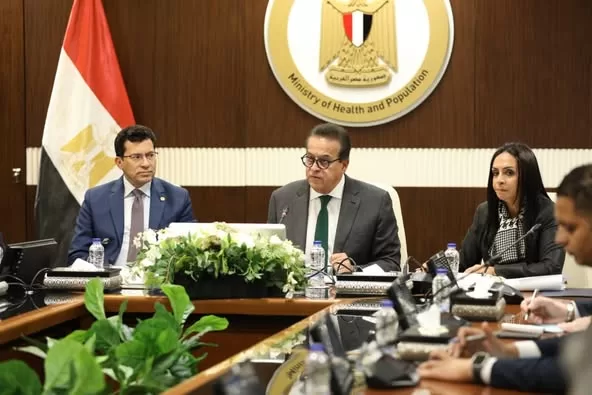By Vidia Ramphal
Copyright wired868

Five games into the 2025 Secondary Schools Football League (SSFL) Premier Division, and the standings are already telling a story about early front-runners, widening gaps, and desperate chases.
For most of the 16 teams in the league, the campaign has settled into a weekly grind: match on Saturday, recovery on Sunday, training on Monday, and match on Wednesday. Repeat.
However, for two of the most storied institutions of secondary schools’ football—Signal Hill Secondary of Tobago and St Anthony’s College of Westmoorings—the 2025 season has been anything but routine.
Both teams are in the bottom half of the table, not due to poor form, but to a devastating cocktail of travel costs, logistical hurdles, and weather woes.
While most teams have contested four or five matches each, Signal Hill and St Anthony’s have managed only four games between them.
The two schools are already nine points behind leaders Naparima College, and each postponement stretches the gap—both real and psychological.
Signal Hill Secondary have long been Tobago’s standard-bearer in the SSFL, producing legend Dwight Yorke and esteemed manager Bertille St Clair.
However, the 2025 season has exposed an old vulnerability in the system: the hidden costs of inter-island competition. Two of Signal Hill’s matches have been postponed because visiting Trinidad teams could not secure affordable travel.
Signal Hill head coach Downie Marcelle points to rising costs, weekend travel, and October’s Tobago Carnival (October 24–26 this year), which swallows up flights, ferries, and accommodation months in advance.
When fixtures are postponed, Signal Hill’s football programme also suffers financially.
The Tobago House of Assembly assists with travel expenses for their away games, but the school still incurs over $2,000 per trip. Gate receipts from home games—about $4,000—offset that.
However, postponements mean lost revenue and leave them scrambling for funds.
“Whenever a game is put off in Tobago, it affects what we want to do,” said Marcelle. “It also puts us at a disadvantage in generating funds for the team going forward.”
SSFL president Merere Gonzales said Tobago Carnival has affected the teams: “That does not impact only one weekend. It impacts three, four, five weekends.”
Across the Gulf of Paria, St Anthony’s College face a very painful headache. The ‘Westmoorings Tigers’, the crucible of Kenwyne Jones and Carlos Edwards, played only their second this weekend—they whipped Carapichaima East Secondary 4-1.
Persistent September rains have left their field waterlogged and unfit. With games piling up, they now face the prospect of playing three matches a week during the business end of the campaign.
Gonzales says schools are encouraged to secure backup venues, but not all have the necessary resources.
“We still have schools in the Premiership division who don’t even have quality use of their home grounds,” he said.
For both Signal Hill and St Anthony’s, the psychological scoreboard becomes a real problem.
The league table shows them in the bottom half of the table, but with games in hand, a 10-point lead can be erased. However, these optics can have a corrosive effect on a team of teenagers.
“They are not professionals, so obviously they will be disappointed,” said Marcelle. “If it is one game, it is okay, but when it’s two or three games, it starts to weigh on the players.”
The loss of rhythm compounds the problem in a sport where players thrive and excel on consistency—with match practice sharpened by weekly competition—making it difficult to build momentum.
As Marcelle said: “Once the games are continually being postponed, it affects the players. The teams that are playing consistently have an advantage.”
Signal Hill and St Antony’s are not alone—five other teams, including champions Fatima College and former winners St Benedict’s College, have had matches postponed.
The scale of the disruptions in Tobago and Westmoorings, however, sparked broader concerns about fixture fairness, player welfare, and a looming backlog.
“There should not be any advantage [at the end] where teams are aware they are say, 10 points ahead, with two games to play,” Downie said.
The congestion could also impact Intercol seedings, which depend on league positions.
“We may find ourselves in a position where we play multiple games, maybe three games in a week,” said Downie. “When you overwork the muscles, it is easier for players to sustain injuries.”
SSFL officials are familiar with the problem. Fixture congestion is not new to the league, and Gonzales says the early release of fixtures and built-in reserve days can help.
“The onus could very well be on the league to address the Premiership and the Championship fixtures a little earlier to facilitate and accommodate teams to be in a better state of readiness,” he said.
Gonzales added that the SSFL is also exploring ways to help schools book travel earlier through Caribbean Airlines or the inter-island ferry. However, even with the reserve days, the system is being overwhelmed.
“Any postponed games, we are concerned about it,” said Gonzales, “We have space open to facilitate a couple of postponements—the question is now when the postponements go beyond that required number.”
He says the health and wellness of players remains a priority, and they will need to avoid having teams play more than twice a week: “We need to start [the season] on time. We have to ensure that nine out of 10 things are in place to avoid postponements.”
Funding remains a sore point across the league.
The SSFL has supported schools with sponsorship money in the past, but this year corporate shortfalls have left them in a $500,000 hole.
Title sponsor SportsMax wrapped up operations in August but has honoured the final year of its deal. However, both the National Gas Company and Shell have pulled out.
“We are now in a highly tight financial position,” he said, “[NGC] has politely and honestly told us that while they are willing to, they are unable to sponsor us for this year.”
Gonzales said that the SSFL has been aggressively pursuing new sponsors and may be on the verge of signing a sponsorship agreement with a globally recognised company.
With 16 schools in the Premiership, Gonzales says the SSFL may revisit the idea of trimming the division.
“Even last year, the number of teams in the Premier Division was discussed,” he said. “It is still open for discussion.”
For now, Signal Hill and St Anthony’s can only prepare for the brutal schedule that lies ahead.
Coaches are preaching patience, positivity, and resilience.
“I don’t think [the situation] will derail us,” Marcelle said, “but definitely it could affect our momentum and the consistency.”
It may be early days in the season, but for Signal Hill and St Anthony’s, it’s already feeling like a test of endurance.
SSFL Premier Division fixtures
(Wed 1 October)
St Augustine Sec v St Mary’s College, 3.30pm, Warren Street;
St Anthony’s College v Trinity College, 3.30pm, Westmoorings;
Arima North v Presentation (San F’do), 3.30pm, Arima Velodrome;
Trinity East v Fatima College, 3.30pm, Trincity;
Malick Secondary v Carapichaima East, 3.30pm, Serpentine Road;
Scarborough Sec v Naparima College, 3.30pm, Scarborough ground;
QRC v San Juan North, 3.30pm, QRC ground;
Signal Hill Sec v St Benedict’s College, 3.30pm, Signal Hill.



